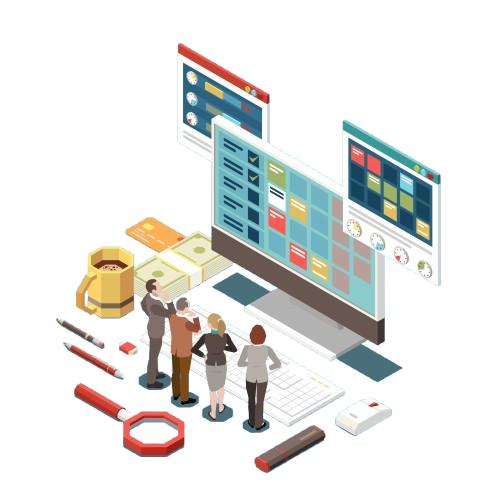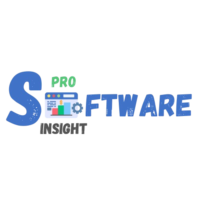Enterprise Resource Planning (ERP) Systems: Everything You Need to Know

Table of Contents:
Intro
What is an ERP System?
How Do ERP Systems Work?
Benefits of Using an ERP System
Types of ERP Systems
Challenges of ERP Implementation
How to Choose the Right ERP System
Top ERP Systems in 2025
Future Trends in ERP Systems
Conclusion
Running a business is no easy feat, especially when managing multiple departments like finance, HR and inventory. This is where Enterprise Resource Planning (ERP) systems come in. They act as the backbone of modern businesses by simplifying processes, integrating operations and driving efficiency.
In this post, we’ll explore everything you need to know about ERP systems, from what they are to how they work, their benefits and the latest trends shaping the future. Let’s dive in!
What is an ERP System?
An ERP system is a software solution that integrates core business functions like accounting, supply chain, inventory and customer relationship management (CRM) into one centralized platform.
These systems first emerged in the 1990s as companies looked for ways to automate and streamline processes. Over the years, ERP systems have become smarter and more accessible, offering features like cloud integration and real-time data analysis.
How Do ERP Systems Work?
The best analogy that may work for ERP would be something like this: think of an ERP system as the central nervous system of a business. It connects different departments, enabling them to work together seamlessly. Here’s how:
- Data Centralization: An ERP system consolidates data from various departments, ensuring everyone works with the same up-to-date information.
- Real-Time Insights: By providing real-time updates, businesses can monitor their operations and make informed decisions without delays.
This interconnected approach improves communication, enhances productivity and reduces errors.
Benefits of Using an ERP System
Wondering why businesses invest in ERP systems? Here’s why:
- Streamlined Operations: Automate repetitive tasks, such as inventory tracking and payroll, to save time and reduce errors.
- Better Decision-Making: With instant access to data, managers can analyze trends and make smarter decisions.
- Cost Savings: By improving efficiency and cutting down on manual processes, businesses can lower their operational costs.
Types of ERP Systems
ERP systems come in different formats to suit the needs of various businesses:
- Cloud-Based ERP: Hosted online, offering flexibility and remote access.
- On-Premise ERP: Installed on a company’s servers, giving more control but requiring higher maintenance.
- Hybrid ERP: A mix of both, combining on-site security with the flexibility of the cloud.
Industry-specific ERPs are tailored for niches like supply chain management, human resources and manufacturing.
Challenges of ERP Implementation
Adopting an ERP system comes with its challenges. Here are some hurdles businesses may face:
- High Initial Costs: The upfront investment can be significant, especially for small businesses.
- Time-Consuming Setup: Implementing an ERP system takes time and careful planning.
- Employee Resistance: Change can be tough and employees may need training to adapt to the new system.
How to Choose the Right ERP System?
Choosing the right ERP system requires careful consideration. Here’s what to keep in mind:
- Business Needs: Identify which processes you want to streamline.
- Scalability: Make sure the system can grow with your business.
- Budget: Compare costs against features to find the best value.
- Vendor Reputation: Research vendors and read customer reviews.
Creating a checklist with these factors will help you make the best decision.
Top ERP Systems in 2025
Here’s a snapshot of some leading Enterprise Resource Planning systems you should consider:
- SAP: Ideal for large businesses with complex needs.
- Oracle NetSuite: A cloud-based ERP known for its user-friendly interface.
- Microsoft Dynamics: Offers seamless integration with other Microsoft tools, perfect for small and medium-sized businesses.
Future Trends in ERP Systems
Enterprise Resource Planning systems are constantly evolving. Here’s a peek into the future:
- AI and Machine Learning: Expect smarter systems that can predict trends and automate decision-making.
- IoT Integration: Devices connected through the Internet of Things (IoT) will provide real-time data for enhanced supply chain management.
- Mobile ERP: Access ERP systems anytime, anywhere with mobile apps designed for on-the-go business management.
Conclusion
Enterprise Resource Planning (ERP) systems are transforming the way businesses operate by centralizing processes, improving efficiency and offering powerful insights. While the initial implementation might seem daunting, the long-term benefits make it a worthwhile investment.
